Minimalist Themes created by manus.im
1. Autumn Leave
 > Philosophy: Warm, seasonal comfort
> Color Palette: Warm oranges, reds, browns, and golds
> Philosophy: Warm, seasonal comfort
> Color Palette: Warm oranges, reds, browns, and golds
Features:
- Cozy, comfortable reading experience
- Seasonal decorative elements
- Warm color gradients
- Playfair Display and Lato typography
- Rustic, natural textures
Copy Theme
:root {
--autumn-rust: #d2691e;
--autumn-amber: #ff8c00;
--autumn-crimson: #dc143c;
--autumn-gold: #daa520;
--autumn-brown: #8b4513;
--autumn-bark: #654321;
--autumn-cream: #fdf5e6;
--autumn-parchment: #f5deb3;
--autumn-shadow: #2f1b14;
--autumn-text: #3e2723;
--autumn-light: #6d4c41;
--autumn-lighter: #8d6e63;
}
body {
font-family: 'Lato', -apple-system, BlinkMacSystemFont, sans-serif;
color: var(--autumn-text);
background: linear-gradient(135deg, var(--autumn-cream) 0%, var(--autumn-parchment) 100%);
background-attachment: fixed;
}
/* Subtle leaf pattern background */
body::before {
content: '';
position: fixed;
top: 0;
left: 0;
width: 100%;
height: 100%;
background-image:
radial-gradient(circle at 25% 25%, rgba(210, 105, 30, 0.05) 0%, transparent 50%),
radial-gradient(circle at 75% 75%, rgba(255, 140, 0, 0.05) 0%, transparent 50%),
radial-gradient(circle at 50% 50%, rgba(220, 20, 60, 0.03) 0%, transparent 50%);
z-index: -1;
}
/* Header and Navigation */
body h1 a,
body h1 a:visited,
body h1 a:link,
body header h2 a,
body header h2 a:visited,
body header h2 a:link {
color: var(--autumn-bark);
text-decoration: none;
font-weight: 700;
font-family: 'Playfair Display', Georgia, serif;
text-shadow: 0 1px 2px rgba(139, 69, 19, 0.1);
}
body header p.description {
color: var(--autumn-light);
font-size: 15px;
font-weight: 400;
margin-top: 0.5rem;
font-style: italic;
}
body header nav a,
#post nav a:not(.home) {
color: var(--autumn-rust);
text-decoration: none;
font-size: 14px;
transition: all 0.3s ease;
padding: 0.5rem 1rem;
border-radius: 8px;
position: relative;
}
body header nav a:hover,
#post nav a:not(.home):hover {
color: var(--autumn-amber);
background: rgba(210, 105, 30, 0.1);
transform: translateY(-1px);
}
body#post article h2#title::after {
display: block;
}
.post-title a:link,
.post-title a:visited {
font-family: 'Playfair Display', Georgia, serif;
color: var(--autumn-bark);
}
.post-title a:hover {
color: var(--autumn-rust);
}
/* Content Areas */
body#post,
body#collection,
body#subpage {
color: var(--autumn-text);
max-width: 700px;
margin: 0 auto;
padding: 2.5rem;
background: rgba(253, 245, 230, 0.95);
backdrop-filter: blur(5px);
border-radius: 16px;
margin-top: 2rem;
margin-bottom: 2rem;
box-shadow:
0 8px 32px rgba(139, 69, 19, 0.15),
0 2px 8px rgba(139, 69, 19, 0.1);
border: 1px solid rgba(210, 105, 30, 0.2);
position: relative;
}
body#post::before,
body#collection::before,
body#subpage::before {
content: '';
position: absolute;
top: 0;
left: 0;
right: 0;
height: 4px;
background: linear-gradient(90deg, var(--autumn-rust), var(--autumn-amber), var(--autumn-gold));
border-radius: 16px 16px 0 0;
}
/* Links */
body article p a:not(.hashtag),
body article ul a:not(.hashtag),
body article table a:not(.hashtag),
p a {
color: var(--autumn-rust);
text-decoration: none;
border-bottom: 2px solid transparent;
transition: all 0.3s ease;
font-weight: 500;
}
body article p a:not(.hashtag):hover,
body article ul a:not(.hashtag):hover,
body article table a:not(.hashtag):hover,
p a:hover {
color: var(--autumn-amber);
border-bottom-color: var(--autumn-gold);
}
/* Timestamps and Meta */
body#post article time.dt-published,
body#collection article time.dt-published,
body#subpage article time.dt-published,
#collection #wrapper time,
#subpage #wrapper time {
color: var(--autumn-lighter);
font-size: 14px;
font-weight: 400;
opacity: 0.8;
}
/* Blockquotes */
body#post blockquote,
body#collection blockquote,
body#subpage blockquote {
color: var(--autumn-light);
border-left: 4px solid var(--autumn-gold);
padding: 1.5rem 2rem;
margin: 2rem 0;
font-style: italic;
background: linear-gradient(135deg, rgba(218, 165, 32, 0.1), rgba(245, 222, 179, 0.3));
border-radius: 0 12px 12px 0;
position: relative;
box-shadow: 0 4px 16px rgba(139, 69, 19, 0.1);
}
body#post blockquote::before,
body#collection blockquote::before,
body#subpage blockquote::before {
content: '"';
font-size: 3rem;
color: var(--autumn-gold);
position: absolute;
top: 0.5rem;
left: 1rem;
font-family: 'Playfair Display', Georgia, serif;
opacity: 0.6;
}
/* Code */
body#post pre,
body#post code,
body#collection pre,
body#collection code,
body#subpage pre,
body#subpage code {
background: rgba(139, 69, 19, 0.08);
color: var(--autumn-bark);
font-family: 'SF Mono', Monaco, 'Cascadia Code', monospace;
font-size: 14px;
border: 1px solid rgba(210, 105, 30, 0.2);
}
body#post pre,
body#collection pre,
body#subpage pre {
padding: 1.5rem;
border-radius: 10px;
overflow-x: auto;
border-left: 4px solid var(--autumn-rust);
}
/* Hashtags */
a.hashtag span:first-child {
color: var(--autumn-lighter);
}
a.hashtag span,
span.p-category {
color: var(--autumn-rust);
font-weight: 500;
}
2. Moonlight

Philosophy: Designed for comfortable night reading
Color Palette: Deep blues, purples, and silver tones
Features:
- Soft gradients and backdrop blur effects
- Elegant typography with Source Serif Pro and Source Sans Pro
- Subtle shadows and glowing effects
- Optimized for low-light reading
- Smooth animations and micro-interactions
Copy Theme
:root {
--moon-deep: #1a1d29;
--moon-night: #252936;
--moon-shadow: #2f3349;
--moon-mist: #3d4463;
--moon-silver: #a8b2d1;
--moon-glow: #c8d2f1;
--moon-light: #e8f0ff;
--moon-accent: #7c8db8;
--moon-highlight: #9bb0e8;
--moon-warm: #b8a8c8;
}
body {
font-family: 'Source Sans Pro', -apple-system, BlinkMacSystemFont, sans-serif;
font-size: 16px;
line-height: 1.6;
color: var(--moon-glow);
background: linear-gradient(135deg, var(--moon-deep) 0%, var(--moon-night) 100%);
margin: 0;
padding: 0;
min-height: 100vh;
}
/* Header and Navigation */
body h1 a,
body h1 a:visited,
body h1 a:link,
body header h2 a,
body header h2 a:visited,
body header h2 a:link {
color: var(--moon-light);
text-decoration: none;
font-weight: 500;
text-shadow: 0 1px 3px rgba(0, 0, 0, 0.3);
}
body header p.description {
color: var(--moon-silver);
font-size: 14px;
font-weight: 300;
margin-top: 0.5rem;
opacity: 0.9;
}
body header nav a,
#post nav a:not(.home) {
color: var(--moon-accent);
text-decoration: none;
font-weight: 400;
font-size: 14px;
transition: all 0.3s ease;
padding: 0.25rem 0.5rem;
border-radius: 4px;
}
body header nav a:hover,
#post nav a:not(.home):hover {
color: var(--moon-highlight);
background: rgba(124, 141, 184, 0.1);
}
/* Typography */
body#post article h2#title {
font-family: 'Source Serif Pro', Georgia, serif;
font-size: 2.4rem;
font-weight: 600;
color: var(--moon-light);
line-height: 1.2;
margin-bottom: 1.5rem;
text-shadow: 0 2px 4px rgba(0, 0, 0, 0.2);
}
.post-title a:link,
.post-title a:visited {
font-family: 'Source Serif Pro', Georgia, serif;
color: var(--moon-light);
text-decoration: none;
transition: color 0.3s ease;
text-shadow: 0 1px 2px rgba(0, 0, 0, 0.2);
}
.post-title a:hover {
color: var(--moon-highlight);
}
/* Content Areas */
body#post,
body#collection,
body#subpage {
color: var(--moon-glow);
max-width: 720px;
margin: 0 auto;
padding: 2.5rem 2rem;
background: rgba(37, 41, 54, 0.6);
backdrop-filter: blur(10px);
border-radius: 12px;
margin-top: 2rem;
margin-bottom: 2rem;
box-shadow: 0 8px 32px rgba(0, 0, 0, 0.3);
}
/* Links */
body article p a:not(.hashtag),
body article ul a:not(.hashtag),
body article table a:not(.hashtag),
p a {
color: var(--moon-highlight);
text-decoration: none;
border-bottom: 1px solid transparent;
transition: all 0.3s ease;
position: relative;
}
body article p a:not(.hashtag):hover,
body article ul a:not(.hashtag):hover,
body article table a:not(.hashtag):hover,
p a:hover {
color: var(--moon-warm);
border-bottom-color: var(--moon-warm);
text-shadow: 0 0 8px rgba(184, 168, 200, 0.4);
}
/* Timestamps and Meta */
body#post article time.dt-published,
body#collection article time.dt-published,
body#subpage article time.dt-published,
#collection #wrapper time,
#subpage #wrapper time {
color: var(--moon-silver);
font-size: 14px;
font-weight: 300;
opacity: 0.8;
}
/* Blockquotes */
body#post blockquote,
body#collection blockquote,
body#subpage blockquote {
color: var(--moon-silver);
border-left: 3px solid var(--moon-accent);
padding: 1.5rem;
margin: 2rem 0;
font-style: italic;
background: rgba(61, 68, 99, 0.4);
border-radius: 8px;
backdrop-filter: blur(5px);
box-shadow: 0 4px 16px rgba(0, 0, 0, 0.2);
}
/* Code */
body#post pre,
body#post code,
body#collection pre,
body#collection code,
body#subpage pre,
body#subpage code {
background: rgba(47, 51, 73, 0.8);
color: var(--moon-glow);
font-family: 'SF Mono', Monaco, 'Cascadia Code', monospace;
font-size: 14px;
border: 1px solid rgba(124, 141, 184, 0.2);
}
body#post pre,
body#collection pre,
body#subpage pre {
padding: 1.25rem;
border-radius: 8px;
overflow-x: auto;
box-shadow: inset 0 2px 8px rgba(0, 0, 0, 0.3);
}
/* Hashtags */
a.hashtag span:first-child {
color: var(--moon-silver);
}
a.hashtag span,
span.p-category {
color: var(--moon-accent);
}
/* Horizontal Rules */
hr {
background: linear-gradient(90deg, transparent 0%, var(--moon-accent) 50%, transparent 100%);
height: 1px;
border: none;
margin: 3rem 0;
opacity: 0.6;
}
/* Footer */
body footer a.home:link,
body footer a.home:visited {
color: var(--moon-accent);
text-decoration: none;
font-size: 14px;
transition: color 0.3s ease;
}
body footer a.home:hover {
color: var(--moon-highlight);
}
/* Light Mode Override */
@media (prefers-color-scheme: light) {
:root {
--moon-deep: #f8f9fc;
--moon-night: #ffffff;
--moon-shadow: #e8eaf0;
--moon-mist: #d8dae6;
--moon-silver: #6b7280;
--moon-glow: #374151;
--moon-light: #1f2937;
--moon-accent: #4f46e5;
--moon-highlight: #6366f1;
--moon-warm: #8b5cf6;
}
body {
background: linear-gradient(135deg, var(--moon-deep) 0%, var(--moon-night) 100%);
}
body#post,
body#collection,
body#subpage {
background: rgba(255, 255, 255, 0.8);
backdrop-filter: blur(10px);
box-shadow: 0 8px 32px rgba(0, 0, 0, 0.1);
}
body#post blockquote,
body#collection blockquote,
body#subpage blockquote {
background: rgba(248, 249, 252, 0.8);
box-shadow: 0 4px 16px rgba(0, 0, 0, 0.05);
}
body#post pre,
body#post code,
body#collection pre,
body#collection code,
body#subpage pre,
body#subpage code {
background: rgba(232, 234, 240, 0.8);
border: 1px solid rgba(79, 70, 229, 0.2);
}
}
3. Ocean Breeze

Philosophy: Fresh, coastal-inspired design
Color Palette: Cool blues, teals, and ocean foam
Features:
- Animated wave background effects
- Flowing, organic shapes and borders
- Fresh typography with Merriweather and Open Sans
- Coastal color scheme
- Smooth hover animations with wave effects
Copy Theme
:root {
--ocean-deep: #0f4c75;
--ocean-blue: #3282b8;
--ocean-teal: #0fb9b1;
--ocean-foam: #a8e6cf;
--ocean-mist: #f0f8ff;
--ocean-wave: #e6f3ff;
--ocean-sand: #faf7f2;
--ocean-coral: #ff6b6b;
--ocean-text: #2c3e50;
--ocean-light: #7f8c8d;
--ocean-lighter: #bdc3c7;
}
body {
font-family: 'Open Sans', -apple-system, BlinkMacSystemFont, sans-serif;
font-size: 16px;
line-height: 1.7;
color: var(--ocean-text);
background: linear-gradient(135deg, var(--ocean-mist) 0%, var(--ocean-wave) 100%);
background-attachment: fixed;
margin: 0;
padding: 0;
min-height: 100vh;
}
/* Animated wave background */
body::before {
content: '';
position: fixed;
top: 0;
left: 0;
width: 100%;
height: 100%;
background:
radial-gradient(circle at 20% 80%, rgba(15, 185, 177, 0.1) 0%, transparent 50%),
radial-gradient(circle at 80% 20%, rgba(50, 130, 184, 0.1) 0%, transparent 50%),
radial-gradient(circle at 40% 40%, rgba(168, 230, 207, 0.1) 0%, transparent 50%);
z-index: -1;
animation: wave 20s ease-in-out infinite;
}
@keyframes wave {
0%, 100% { transform: translateY(0px) rotate(0deg); }
50% { transform: translateY(-10px) rotate(1deg); }
}
/* Header and Navigation */
body h1 a,
body h1 a:visited,
body h1 a:link,
body header h2 a,
body header h2 a:visited,
body header h2 a:link {
color: var(--ocean-deep);
text-decoration: none;
font-weight: 600;
font-family: 'Merriweather', Georgia, serif;
text-shadow: 0 1px 2px rgba(255, 255, 255, 0.8);
}
body header p.description {
color: var(--ocean-blue);
font-size: 15px;
font-weight: 400;
margin-top: 0.5rem;
opacity: 0.9;
}
body header nav a,
#post nav a:not(.home) {
color: var(--ocean-teal);
text-decoration: none;
font-weight: 500;
font-size: 14px;
transition: all 0.3s ease;
padding: 0.5rem 1rem;
border-radius: 20px;
position: relative;
overflow: hidden;
}
body header nav a:hover,
#post nav a:not(.home):hover {
color: var(--ocean-deep);
background: rgba(168, 230, 207, 0.3);
transform: translateY(-1px);
}
body header nav a::before,
#post nav a:not(.home)::before {
content: '';
position: absolute;
top: 0;
left: -100%;
width: 100%;
height: 100%;
background: linear-gradient(90deg, transparent, rgba(255, 255, 255, 0.4), transparent);
transition: left 0.5s ease;
}
body header nav a:hover::before,
#post nav a:not(.home):hover::before {
left: 100%;
}
/* Typography */
body#post article h2#title {
font-family: 'Merriweather', Georgia, serif;
color: var(--ocean-deep);
}
body#post article h2#title::after {
background: linear-gradient(90deg, var(--ocean-teal), var(--ocean-foam));
}
.post-title a:link,
.post-title a:visited {
font-family: 'Merriweather', Georgia, serif;
color: var(--ocean-deep);
text-decoration: none;
transition: all 0.3s ease;
}
.post-title a:hover {
color: var(--ocean-blue);
transform: translateX(5px);
}
/* Content Areas */
body#post,
body#collection,
body#subpage {
color: var(--ocean-text);
max-width: 720px;
margin: 0 auto;
padding: 2.5rem;
background: rgba(255, 255, 255, 0.9);
backdrop-filter: blur(10px);
border-radius: 20px;
margin-top: 2rem;
margin-bottom: 2rem;
box-shadow:
0 8px 32px rgba(15, 76, 117, 0.1),
0 2px 8px rgba(15, 76, 117, 0.05);
border: 1px solid rgba(255, 255, 255, 0.2);
position: relative;
}
/* Links */
body article p a:not(.hashtag),
body article ul a:not(.hashtag),
body article table a:not(.hashtag),
p a {
color: var(--ocean-blue);
text-decoration: none;
border-bottom: 2px solid transparent;
transition: all 0.3s ease;
position: relative;
font-weight: 500;
}
body article p a:not(.hashtag):hover,
body article ul a:not(.hashtag):hover,
body article table a:not(.hashtag):hover,
p a:hover {
color: var(--ocean-deep);
border-bottom-color: var(--ocean-teal);
}
/* Timestamps and Meta */
body#post article time.dt-published,
body#collection article time.dt-published,
body#subpage article time.dt-published,
#collection #wrapper time,
#subpage #wrapper time {
color: var(--ocean-light);
font-size: 14px;
font-weight: 400;
opacity: 0.8;
}
/* Blockquotes */
body#post blockquote,
body#collection blockquote,
body#subpage blockquote {
color: var(--ocean-blue);
border-left: 4px solid var(--ocean-teal);
padding: 1.5rem 2rem;
margin: 2rem 0;
font-style: italic;
background: linear-gradient(135deg, rgba(168, 230, 207, 0.1), rgba(240, 248, 255, 0.3));
border-radius: 0 15px 15px 0;
position: relative;
box-shadow: 0 4px 16px rgba(15, 185, 177, 0.1);
}
body#post blockquote::before,
body#collection blockquote::before,
body#subpage blockquote::before {
position: absolute;
top: 1rem;
right: 1.5rem;
font-size: 1.2rem;
opacity: 0.6;
}
/* Code */
body#post pre,
body#post code,
body#collection pre,
body#collection code,
body#subpage pre,
body#subpage code {
background: rgba(15, 76, 117, 0.05);
color: var(--ocean-deep);
font-family: 'SF Mono', Monaco, 'Cascadia Code', monospace;
font-size: 14px;
border: 1px solid rgba(15, 185, 177, 0.2);
}
body#post pre,
body#collection pre,
body#subpage pre {
padding: 1.5rem;
border-radius: 12px;
overflow-x: auto;
border-left: 4px solid var(--ocean-teal);
}
/* Hashtags */
a.hashtag span:first-child {
color: var(--ocean-light);
}
a.hashtag span,
span.p-category {
color: var(--ocean-teal);
font-weight: 500;
}
/* Horizontal Rules */
hr {
background: none;
height: 2px;
border: none;
margin: 3rem 0;
background: linear-gradient(90deg, transparent 0%, var(--ocean-teal) 50%, transparent 100%);
border-radius: 1px;
}
/* Footer */
body footer a.home:link,
body footer a.home:visited {
color: var(--ocean-light);
text-decoration: none;
font-size: 14px;
transition: color 0.3s ease;
}
body footer a.home:hover {
color: var(--ocean-teal);
}
4. Paper

Philosophy: Classic print-inspired design
Color Palette: High contrast black and white with gold accents
Features:
- Paper-like texture background
- Drop cap styling for first paragraphs
- Classic serif typography with Libre Baskerville
- Print-friendly design principles
- Elegant decorative elements
Copy Theme
:root {
--paper-white: #fefefe;
--paper-cream: #faf9f7;
--paper-gray: #f5f4f2;
--paper-ink: #1a1a1a;
--paper-charcoal: #2d2d2d;
--paper-slate: #4a4a4a;
--paper-silver: #6a6a6a;
--paper-light: #8a8a8a;
--paper-accent: #d4af37;
--paper-shadow: rgba(0, 0, 0, 0.1);
}
body {
font-family: 'Source Sans Pro', -apple-system, BlinkMacSystemFont, sans-serif;
font-size: 17px;
line-height: 1.65;
color: var(--paper-ink);
background-color: var(--paper-cream);
background-image:
radial-gradient(circle at 1px 1px, rgba(0,0,0,0.02) 1px, transparent 0);
background-size: 20px 20px;
margin: 0;
padding: 0;
}
/* Header and Navigation */
body h1 a,
body h1 a:visited,
body h1 a:link,
body header h2 a,
body header h2 a:visited,
body header h2 a:link {
color: var(--paper-ink);
text-decoration: none;
font-weight: 700;
font-family: 'Libre Baskerville', Georgia, serif;
letter-spacing: -0.01em;
}
body header p.description {
color: var(--paper-slate);
font-size: 15px;
font-weight: 400;
margin-top: 0.5rem;
font-style: italic;
}
body header nav a,
#post nav a:not(.home) {
color: var(--paper-charcoal);
text-decoration: none;
font-weight: 500;
font-size: 14px;
text-transform: uppercase;
letter-spacing: 0.05em;
transition: color 0.2s ease;
position: relative;
}
body header nav a:hover,
#post nav a:not(.home):hover {
color: var(--paper-accent);
}
body header nav a::after,
#post nav a:not(.home)::after {
content: '';
position: absolute;
bottom: -2px;
left: 0;
width: 0;
height: 1px;
background: var(--paper-accent);
transition: width 0.3s ease;
}
body header nav a:hover::after,
#post nav a:not(.home):hover::after {
width: 100%;
}
/* Typography */
body#post article h2#title {
font-family: 'Libre Baskerville', Georgia, serif;
color: var(--paper-ink);
line-height: 1.2;
text-align: center;
position: relative;
}
body#post article h2#title::after {
content: '';
width: 60px;
height: 2px;
background: var(--paper-accent);
}
.post-title a:link,
.post-title a:visited {
font-family: 'Libre Baskerville', Georgia, serif;
color: var(--paper-ink);
text-decoration: none;
line-height: 1.3;
transition: color 0.2s ease;
}
.post-title a:hover {
color: var(--paper-charcoal);
}
/* Content Areas */
body#post,
body#collection,
body#subpage {
color: var(--paper-ink);
max-width: 700px;
margin: 0 auto;
padding: 3rem 2rem;
background: var(--paper-white);
box-shadow: 0 0 40px var(--paper-shadow);
margin-top: 2rem;
margin-bottom: 2rem;
position: relative;
}
/* Paragraphs */
body#post p,
body#collection p,
body#subpage p {
margin-bottom: 1.5rem;
hyphens: auto;
}
/* First paragraph drop cap */
body#post article p:first-of-type::first-letter,
body#collection article p:first-of-type::first-letter,
body#subpage article p:first-of-type::first-letter {
font-family: 'Libre Baskerville', Georgia, serif;
font-size: 4rem;
font-weight: 700;
line-height: 1;
margin: 0.1rem 0.5rem 0 0;
color: var(--paper-accent);
}
/* Links */
body article p a:not(.hashtag),
body article ul a:not(.hashtag),
body article table a:not(.hashtag),
p a {
color: var(--paper-ink);
text-decoration: none;
border-bottom: 1px solid var(--paper-accent);
transition: all 0.2s ease;
font-weight: 500;
}
body article p a:not(.hashtag):hover,
body article ul a:not(.hashtag):hover,
body article table a:not(.hashtag):hover,
p a:hover {
color: var(--paper-accent);
border-bottom-color: var(--paper-ink);
}
/* Timestamps and Meta */
body#post article time.dt-published,
body#collection article time.dt-published,
body#subpage article time.dt-published,
#collection #wrapper time,
#subpage #wrapper time {
color: var(--paper-silver);
font-size: 13px;
font-weight: 400;
text-transform: uppercase;
letter-spacing: 0.1em;
display: block;
margin-bottom: 2rem;
}
/* Blockquotes */
body#post blockquote,
body#collection blockquote,
body#subpage blockquote {
color: var(--paper-slate);
border-left: 4px solid var(--paper-accent);
padding: 1.5rem 2rem;
margin: 2.5rem 0;
font-family: 'Libre Baskerville', Georgia, serif;
font-style: italic;
font-size: 1.1rem;
background: var(--paper-gray);
position: relative;
}
body#post blockquote::before,
body#collection blockquote::before,
body#subpage blockquote::before {
content: '"';
font-size: 4rem;
color: var(--paper-accent);
position: absolute;
top: -0.5rem;
left: 1rem;
font-family: 'Libre Baskerville', Georgia, serif;
}
/* Code */
body#post pre,
body#post code,
body#collection pre,
body#collection code,
body#subpage pre,
body#subpage code {
background: var(--paper-gray);
color: var(--paper-charcoal);
font-family: 'SF Mono', Monaco, 'Cascadia Code', monospace;
font-size: 14px;
border: 1px solid rgba(0, 0, 0, 0.1);
}
body#post pre,
body#collection pre,
body#subpage pre {
padding: 1.5rem;
border-radius: 0;
overflow-x: auto;
border-left: 4px solid var(--paper-accent);
}
/* Hashtags */
a.hashtag span:first-child {
color: var(--paper-silver);
}
a.hashtag span,
span.p-category {
color: var(--paper-accent);
font-weight: 500;
}
/* Horizontal Rules */
hr {
background: none;
height: auto;
border: none;
margin: 3rem 0;
text-align: center;
position: relative;
}
/* Footer */
body footer a.home:link,
body footer a.home:visited {
color: var(--paper-silver);
text-decoration: none;
font-size: 13px;
text-transform: uppercase;
letter-spacing: 0.1em;
transition: color 0.2s ease;
}
body footer a.home:hover {
color: var(--paper-accent);
}
5. Zen Garden

Philosophy: Inspired by Japanese aesthetics and zen philosophy
Color Palette: Soft greens, natural stones, and mist
Features:
- Generous white space for peaceful reading
- Subtle typography hierarchy with Inter and Crimson Text fonts
- Natural color palette with zen-inspired naming
- Full dark mode support with automatic switching
- Gentle hover effects and transitions
Copy Theme
:root {
--zen-stone: #8B9A8B;
--zen-moss: #6B7B6B;
--zen-charcoal: #2C3E2C;
--zen-mist: #F8FAF8;
--zen-cloud: #F0F4F0;
--zen-accent: #7A8B7A;
--zen-text: #2D3D2D;
--zen-text-light: #5A6B5A;
--zen-text-lighter: #8A9B8A;
}
body {
font-family: 'Inter', -apple-system, BlinkMacSystemFont, sans-serif;
font-size: 16px;
line-height: 1.7;
color: var(--zen-text);
background-color: var(--zen-mist);
margin: 0;
padding: 0;
}
/* Header and Navigation */
body h1 a,
body h1 a:visited,
body h1 a:link,
body header h2 a,
body header h2 a:visited,
body header h2 a:link {
color: var(--zen-charcoal);
text-decoration: none;
font-weight: 500;
letter-spacing: -0.02em;
}
body header p.description {
color: var(--zen-text-light);
font-size: 14px;
font-weight: 300;
margin-top: 0.5rem;
}
body header nav a,
#post nav a:not(.home) {
color: var(--zen-accent);
text-decoration: none;
font-weight: 400;
font-size: 14px;
transition: color 0.2s ease;
}
body header nav a:hover,
#post nav a:not(.home):hover {
color: var(--zen-moss);
}
/* Typography */
body#post article h2#title {
font-family: 'Crimson Text', Georgia, serif;
color: var(--zen-charcoal);
line-height: 1.3;
margin-bottom: 1rem;
letter-spacing: -0.01em;
}
.post-title a:link,
.post-title a:visited {
font-family: 'Crimson Text', Georgia, serif;
color: var(--zen-charcoal);
text-decoration: none;
line-height: 1.4;
transition: color 0.2s ease;
}
.post-title a:hover {
color: var(--zen-moss);
}
/* Content Areas */
body#post,
body#collection,
body#subpage {
color: var(--zen-text);
max-width: 680px;
margin: 0 auto;
padding: 2rem 1.5rem;
}
/* Links */
body article p a:not(.hashtag),
body article ul a:not(.hashtag),
body article table a:not(.hashtag),
p a {
color: var(--zen-accent);
text-decoration: none;
border-bottom: 1px solid transparent;
transition: border-color 0.2s ease, color 0.2s ease;
}
body article p a:not(.hashtag):hover,
body article ul a:not(.hashtag):hover,
body article table a:not(.hashtag):hover,
p a:hover {
color: var(--zen-moss);
border-bottom-color: var(--zen-moss);
}
/* Timestamps and Meta */
body#post article time.dt-published,
body#collection article time.dt-published,
body#subpage article time.dt-published,
#collection #wrapper time,
#subpage #wrapper time {
color: var(--zen-text-lighter);
font-size: 14px;
font-weight: 300;
}
/* Blockquotes */
body#post blockquote,
body#collection blockquote,
body#subpage blockquote {
color: var(--zen-text-light);
border-left: 3px solid var(--zen-accent);
padding-left: 1.5rem;
margin: 2rem 0;
font-style: italic;
background: var(--zen-cloud);
padding: 1.5rem;
border-radius: 4px;
}
/* Code */
body#post pre,
body#post code,
body#collection pre,
body#collection code,
body#subpage pre,
body#subpage code {
background: var(--zen-cloud);
color: var(--zen-text);
font-family: 'SF Mono', Monaco, 'Cascadia Code', monospace;
font-size: 14px;
}
body#post pre,
body#collection pre,
body#subpage pre {
padding: 1rem;
border-radius: 6px;
overflow-x: auto;
}
/* Hashtags */
a.hashtag span:first-child {
color: var(--zen-text-lighter);
}
a.hashtag span,
span.p-category {
color: var(--zen-accent);
}
/* Horizontal Rules */
hr {
background: var(--zen-accent);
height: 1px;
border: none;
margin: 3rem 0;
opacity: 0.3;
}
/* Footer */
body footer a.home:link,
body footer a.home:visited {
color: var(--zen-accent);
text-decoration: none;
font-size: 14px;
}






 railway template踩坑記
railway template踩坑記








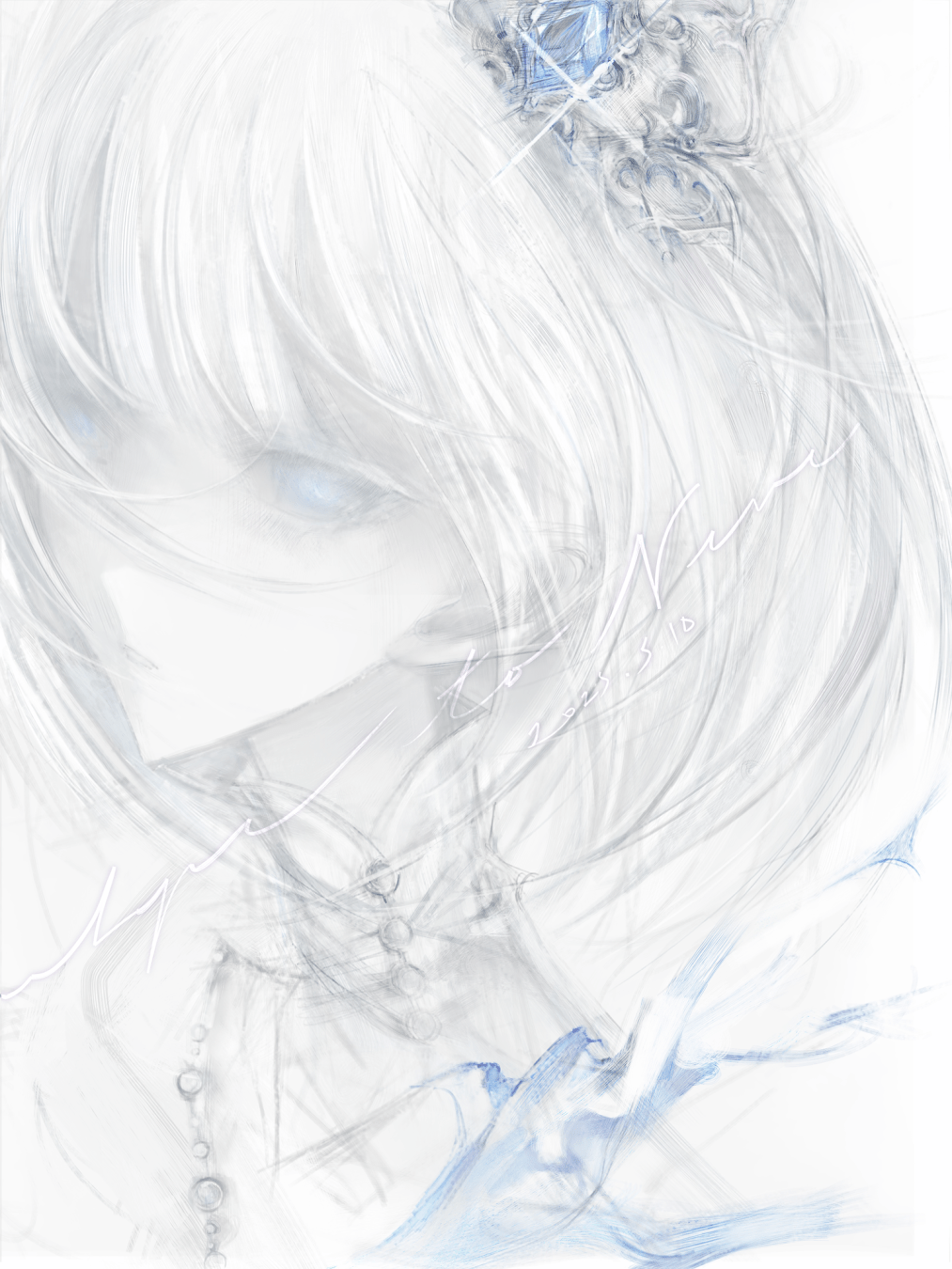

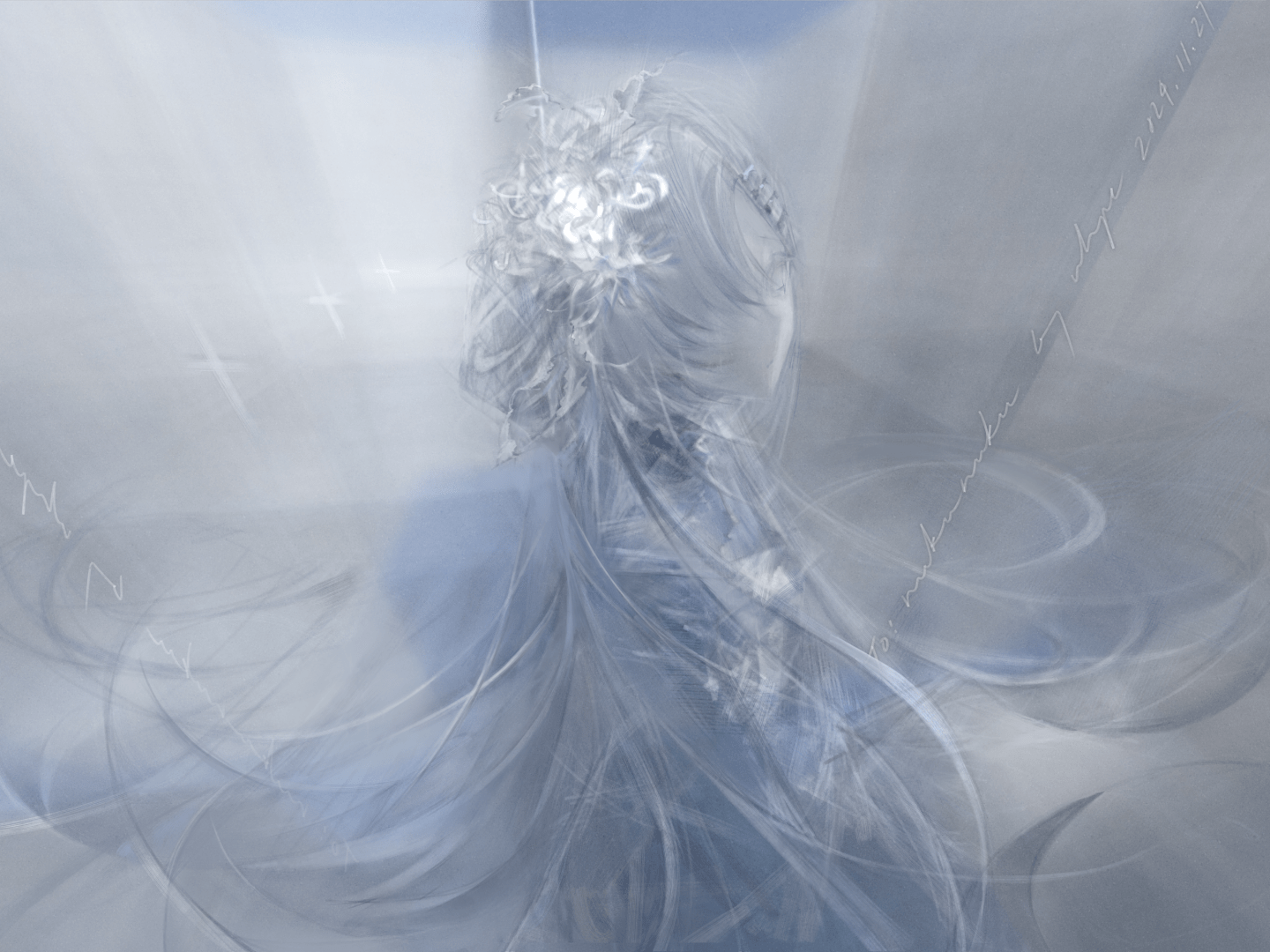
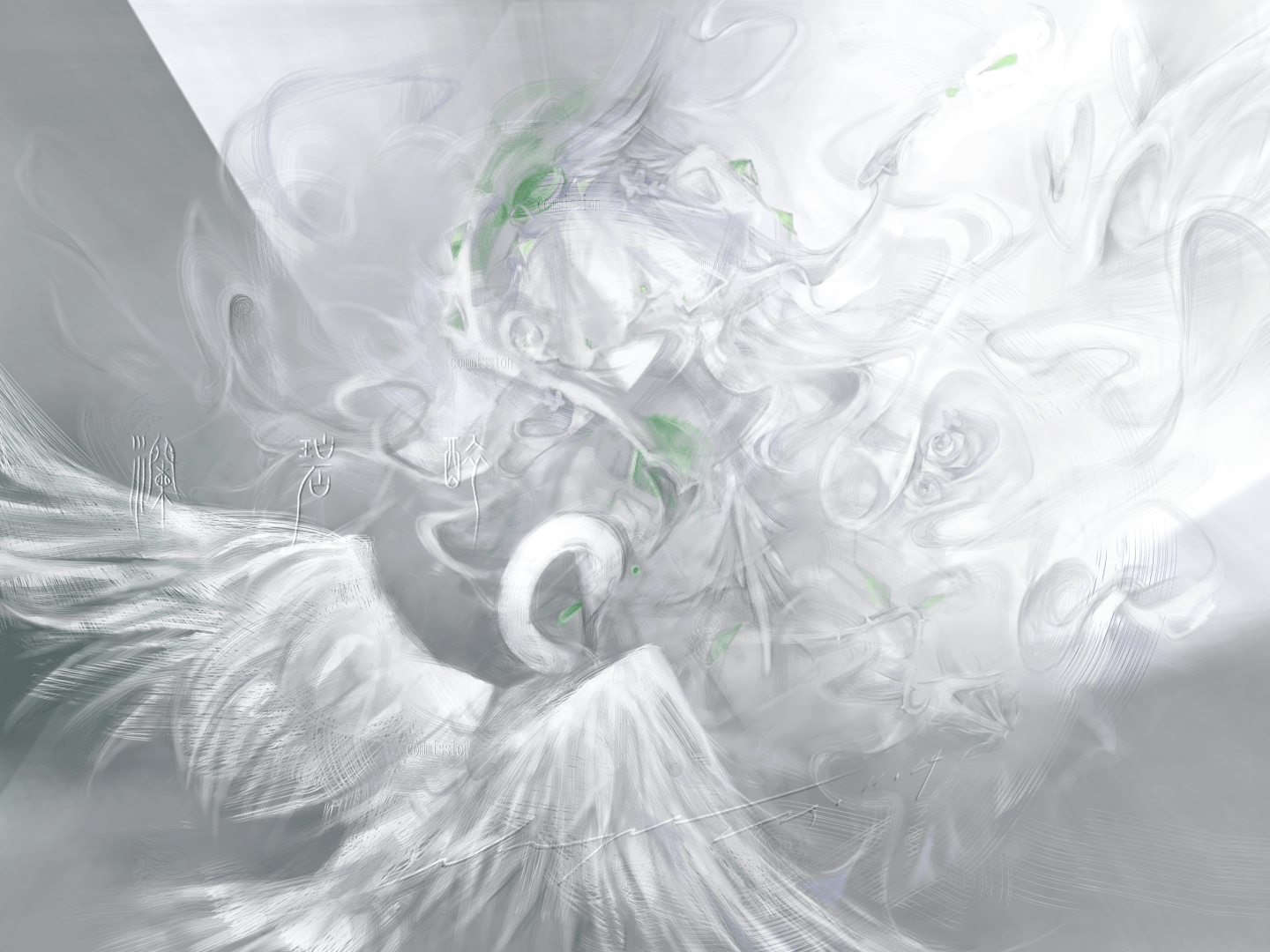
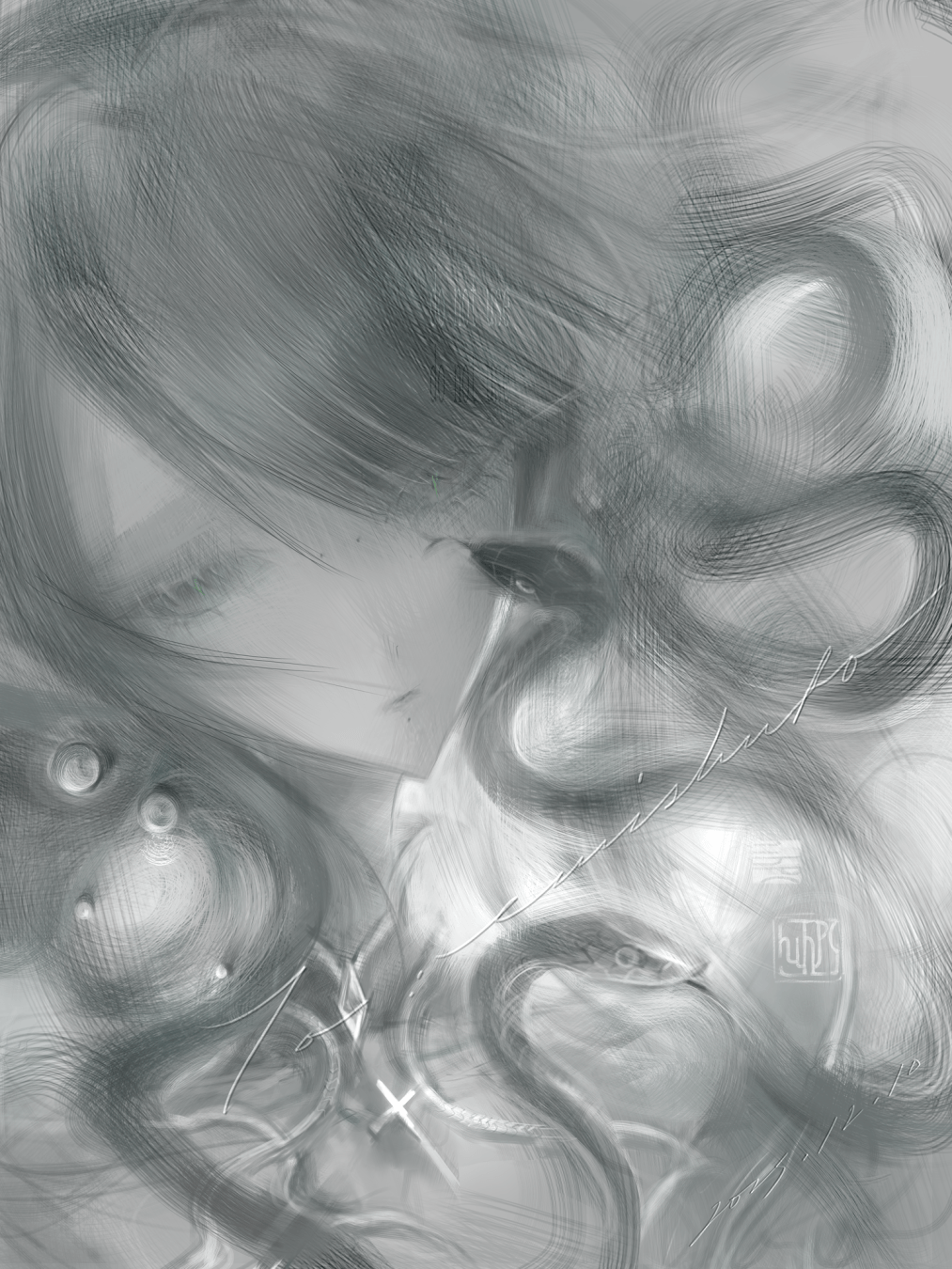
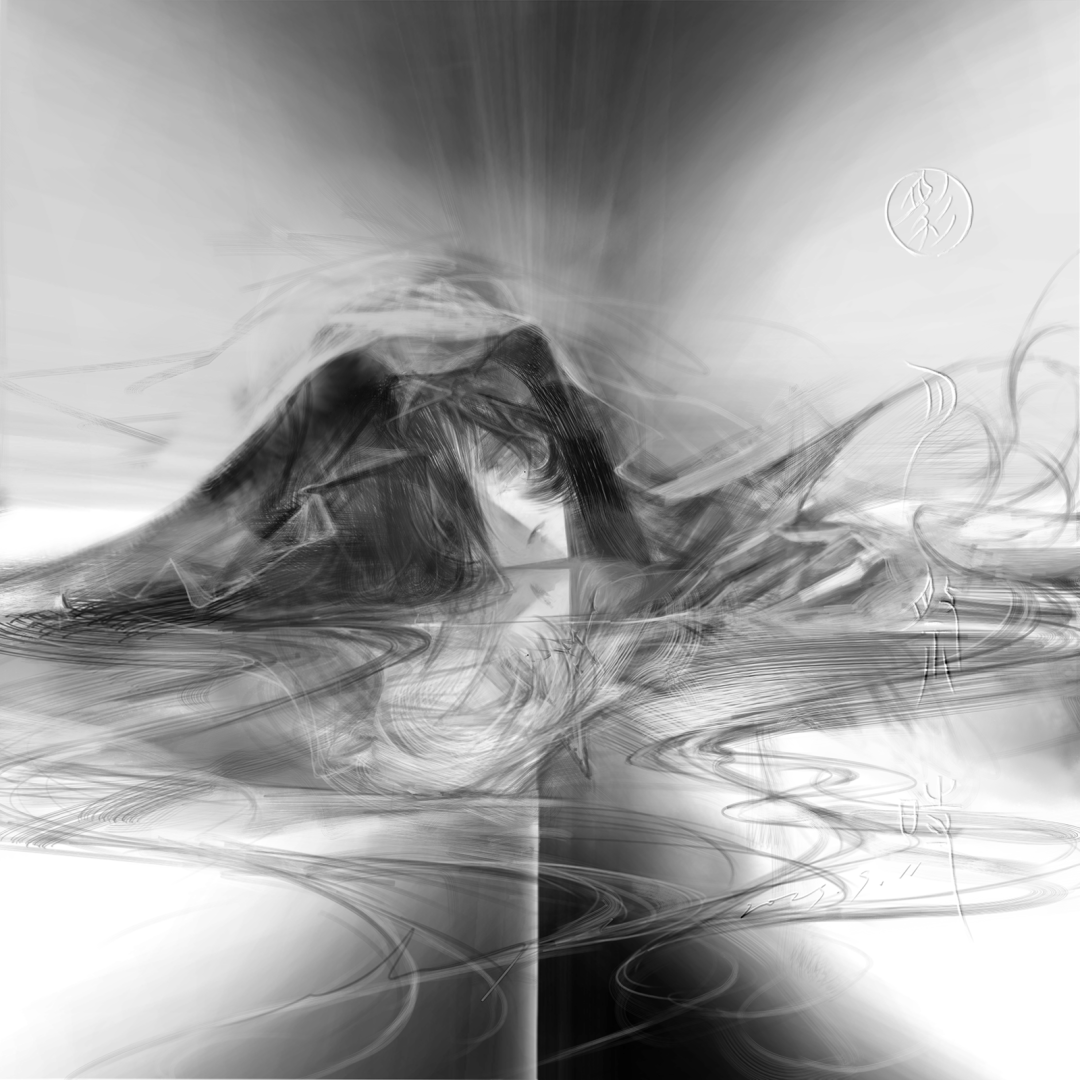
 > Philosophy: Warm, seasonal comfort
> Color Palette: Warm oranges, reds, browns, and golds
> Philosophy: Warm, seasonal comfort
> Color Palette: Warm oranges, reds, browns, and golds


